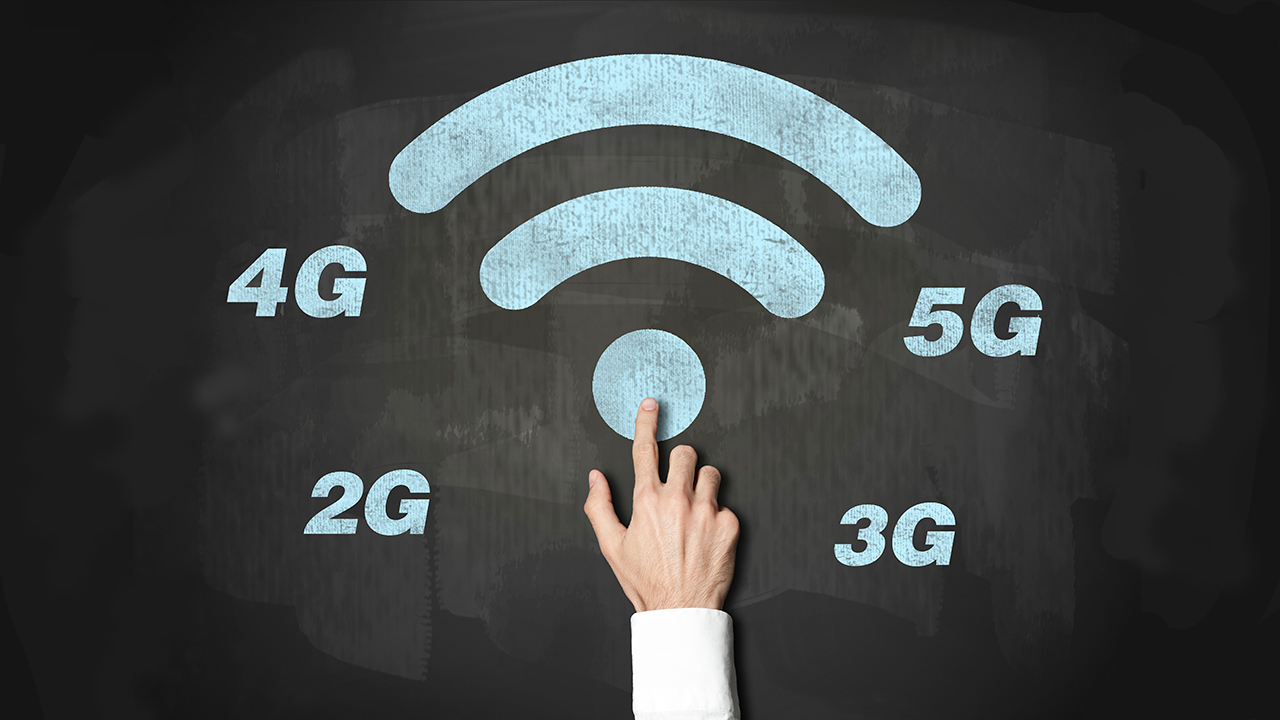In our digital age, a mobile phone is an indispensable companion. Yet, it’s not just any connection that satisfies the voracious appetite of “homo digitalis” (that’s us!) for online content. Quality mobile connectivity is the key to seamless internet consumption, whether it’s work-related tasks, study materials, or entertainment. However, according to Digital Information World research, there are more than 5.5 billion mobile connections worldwide, half of which are mobile users still using outdated 2G and 3G to access the Internet, especially in low-income countries. Does 2G work in the UK? Yes, because over 2.4 million people in the UK, mainly in rural areas, have second-generation mobile connections, making an overnight switch-off impossible.
For reference, here are the minimum speed requirements for a quality internet connection:
- 4K 3840x2160p video – at least 20 Mbit/s.
- HD 1080p video – 5 Mbps.
- HD 720p video – 2.5 Mbps.
- SD 480p video – 1.1 Mbps.
- SD 360p video – 0.7 Mbps.
But that’s ideal, realistically the average internet speed in the UK is 30-50kbps for 2G (EDGE) and 5-8 Mbps for 3G (UMTS), which is poor. This is one of the reasons, along with access to digital for the masses, why 2G/3G will be completely shut down in the UK by 2025 (Uswitch). The solution to the problem lies in the transition from outdated 2G and 3G networks to innovative fourth and fifth-generation communications technologies. How this change will affect the way we consume internet content – let’s talk about it.
Impact on video streaming after 2G & 3G shutdown
According to analysts at Wachee – a VPN service designed specifically for streaming services – 58% of all global internet traffic is consumed by video streaming. As global video streaming services upgrade their hardware to 4G and 5G and shut down legacy 2G and 3G networks for UK residents, the latter may experience buffering and slower video download speeds, while online services such as YouTube, Netflix, and Hulu will experience difficulties due to slow user backhauls.
To avoid video delays, landline users can temporarily switch to Wi-Fi, while mobile phone users are advised to upgrade to 4G and 5G – such solutions are suggested by UCtel telecom experts. Another option is to download videos for offline viewing. And for those who already use the new generation of communication, the use of compressed versions of video will help reduce the load on the network and speed up downloads. As a bonus for all parties – ISPs, users, and online services – the abandonment of 2G and 3G will stimulate innovation in video streaming and encourage stakeholders to better utilise innovative networks.
Impact of 2G and 3G shutdown on the gaming industry
The global video games market is projected to grow by 12% annually, according to Statista, with mobile games accounting for a significant portion. Among all sectors, the gaming industry stands out as the one most impacted by the shutdown of 2G and 3G networks. A pivotal aspect of the gaming industry’s transition lies in cloud streaming – a technology that enables players to stream interactive games directly from cloud servers, eliminating the need for local app downloads. By doing so, players reduce their reliance on local hardware bandwidth. Imagine the convenience: whether you’re gaming on a smartphone, tablet, or TV, you’ll have seamless access to games in stunning 4K resolution.
Another aspect of 5G’s influence is the expansion of mobile gaming, giving developers the advantage of going beyond smartphone specifications to create more complex and higher-quality games for mobile devices.
Always, the most intriguing part lies just beyond the horizon. With 4G and 5G networks, new vistas unfold for mobile augmented and virtual reality (AR/VR) gaming. These next-gen connectivity standards promise low latency and ample bandwidth, resulting in smoother, more lifelike AR and VR experiences. Beyond gaming, 4G and 5G technologies are revolutionising internet commerce. Think virtual shops, telemedicine (remote surgery capabilities), and even education and remote work. Picture a world where learning and productivity thrive in realistic virtual environments.
How will the UK 2G blackout affect streaming video, music, and online gaming services if they were to be shut down at once?
Turning off 2G and 3G networks would immediately impact users who rely on these older technologies, especially those with devices incompatible with 4G or 5G networks. In the UK, residents in remote areas will be most affected. As for gamers, they could lose not only their progress but also their account balances.
An associated drawback of phasing out 2G and 3G networks is the increased strain on next-generation mobile networks. When 4G and 5G networks are activated, it can lead to reduced communication quality – a concern particularly relevant for games that rely on high data rates and low latency (think shooters or MMORPGs). Let’s consider a worst-case scenario: sudden denial of service for older mobile devices, especially budget-friendly or specialised ones (such as IoT devices) that exclusively support 2G or 3G. This issue of device incompatibility cannot be overlooked. Notably, IoT devices manufactured before 2010 continue to play a significant role in various sectors – industry, healthcare, logistics, agriculture, and smart homes. Their abrupt disconnection could result not only in personal hardships but also in severe consequences for entire industries, including the security infrastructure of cities. Experts from UCtel have assessed the situation in this light.
Conclusion
The shutdown of 2G and 3G networks is having a significant impact on the way we consume media content. While some users may be inconvenienced, the general trend will be towards faster and more reliable networks. This is important to consider:
- Video streaming:
- 4G and 5G offer faster data rates, which improves the quality of streaming video.
- Users can enjoy high resolution and smooth playback.
- Music services:
- 5G enables streaming music with high sound quality.
- Downloading music for offline listening will also become popular.
- Online gaming:
- The low latency of 5G provides a smoother gaming experience.
- Gamers can enjoy multiplayer online games without having to download apps.
How long will 2G & 3G still work in the UK? The United Kingdom’s government, in collaboration with major mobile network operators such as Vodafone, EE, Virgin Media, O2, and Three, has announced plans to phase out 2G/3G mobile services by 2033, so 2G/3G technologies will work till then.
In the short term, switching off the 2G and 3G networks may result in a loss of access and quality of service for some users, especially in geographically isolated areas. In the long term, however, it allows us to focus on more advanced and efficient technologies such as 4G & 5G, leading to an overall improvement in the quality of streaming video, music, gaming services, and beyond.



